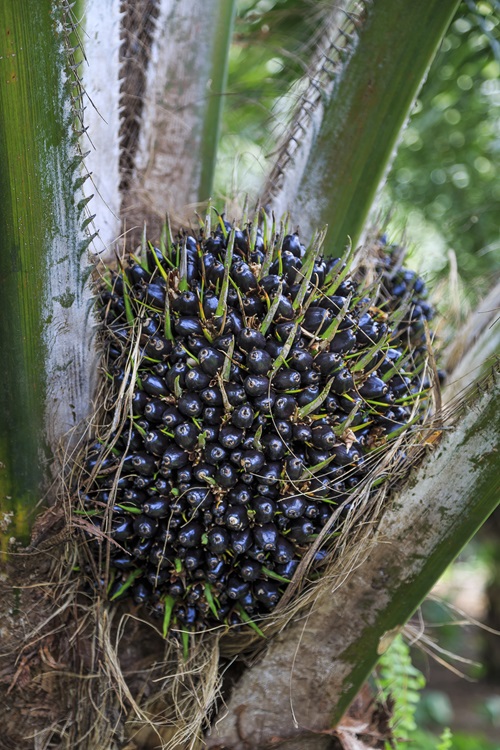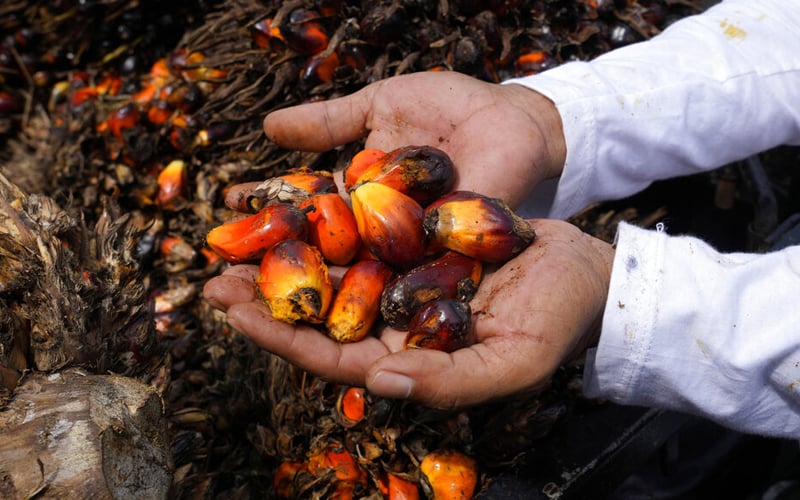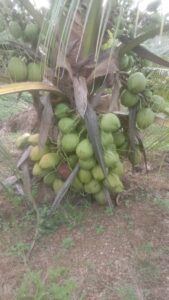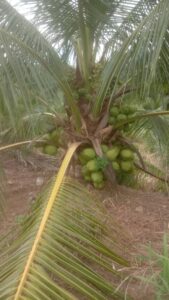Planting Operations


The Sawit Kinabalu is a clone of the oil palm tree that was developed specifically for high-yield oil palm plantations. It is one of the varieties of oil palm clones that have been selectively bred to produce better yields of palm oil while also being more resistant to diseases and pests. The name Sawit Kinabalu generally refers to a variety developed in Malaysia, specifically in the region of Sabah, which is known for its oil palm production.


The Kelapa Tacunan is a variety of coconut tree clone that was developed in Malaysia, particularly in the state of Sabah. It is known for being a high-yielding and disease-resistant variety, making it highly suitable for commercial coconut farming.